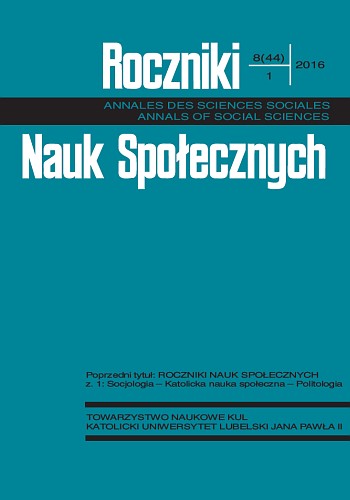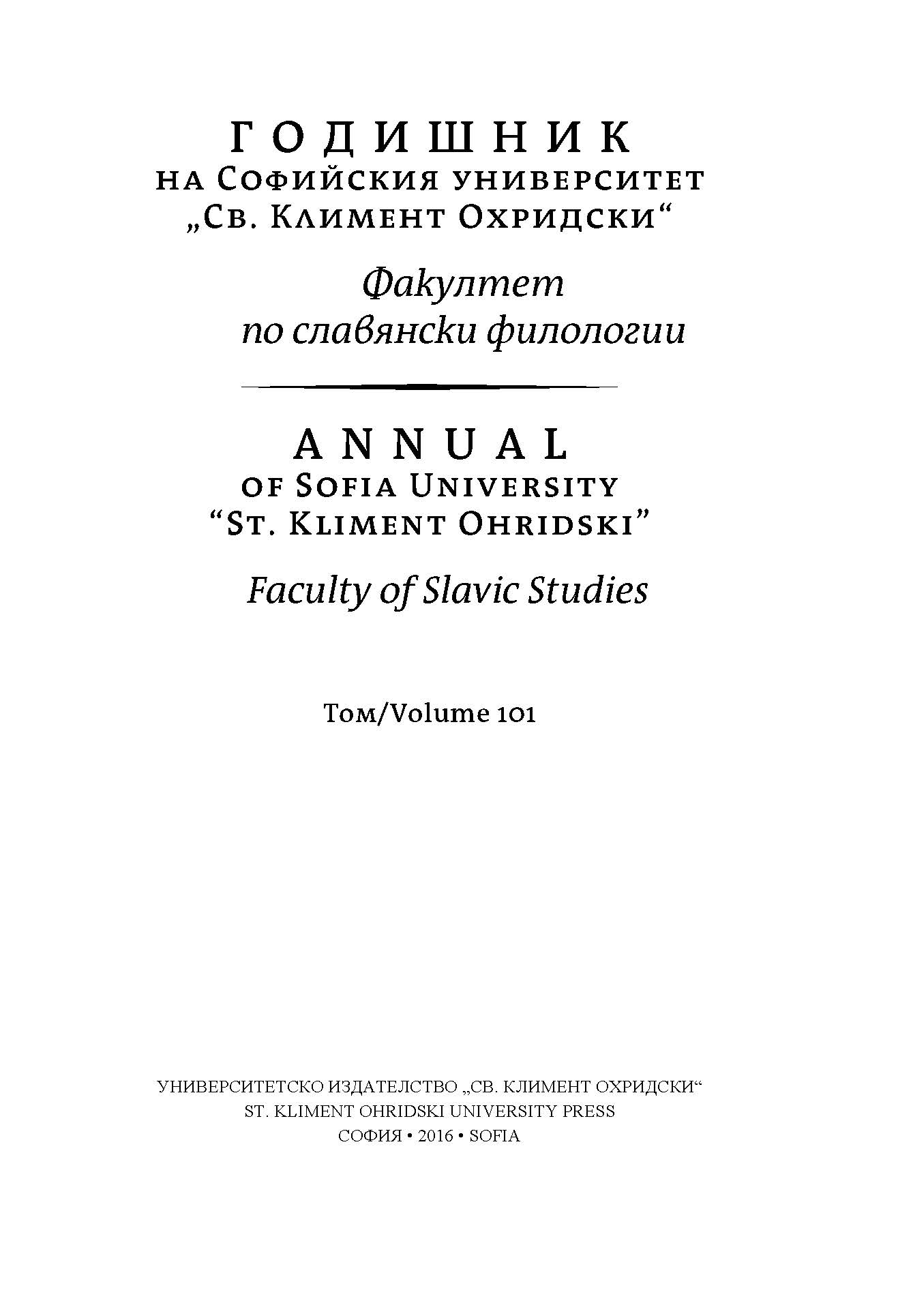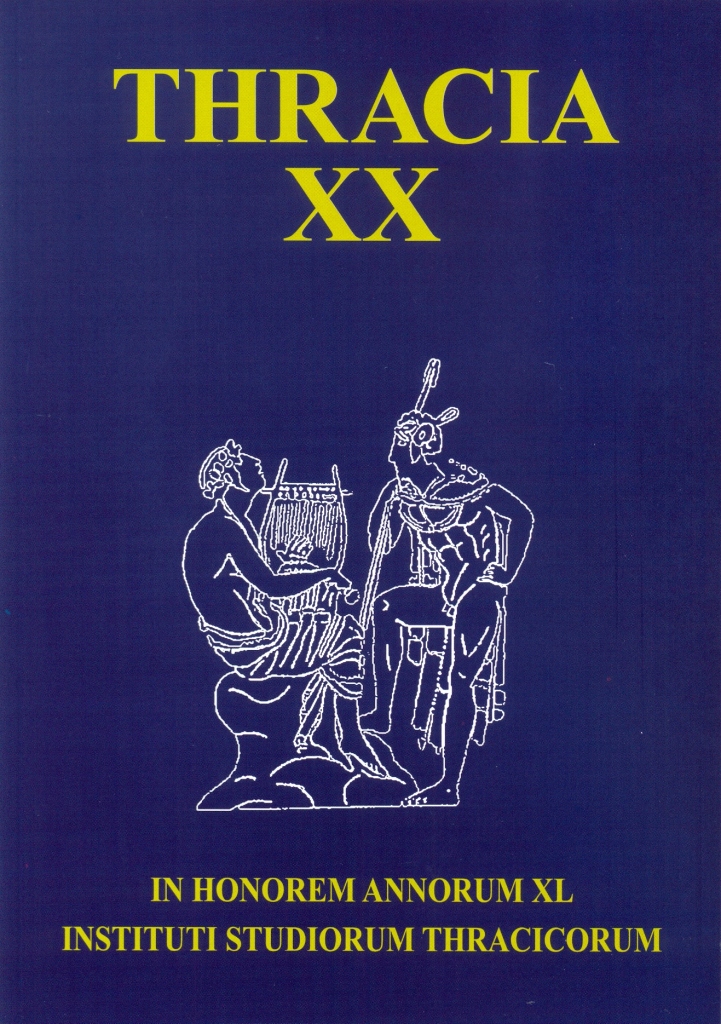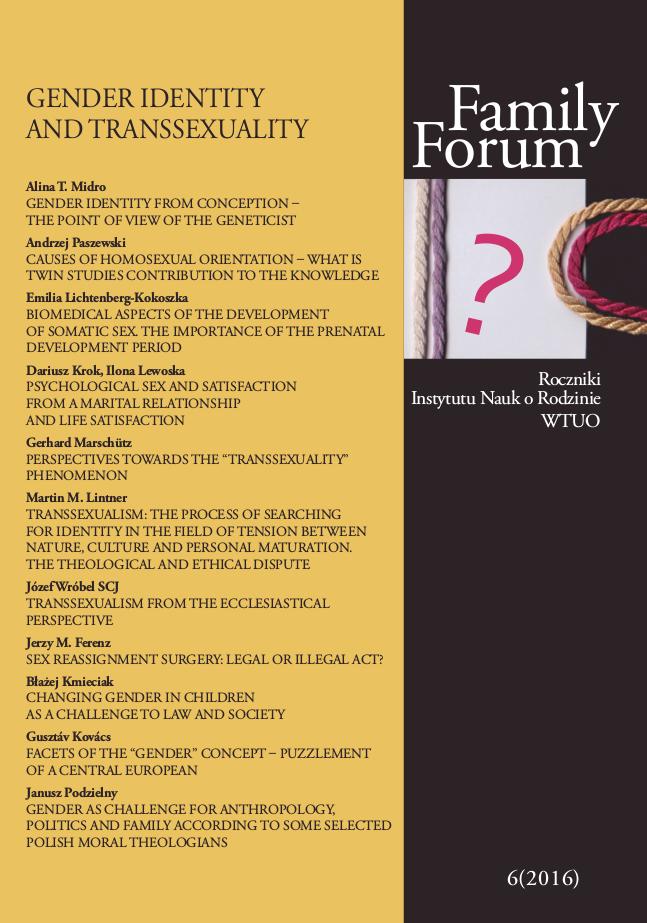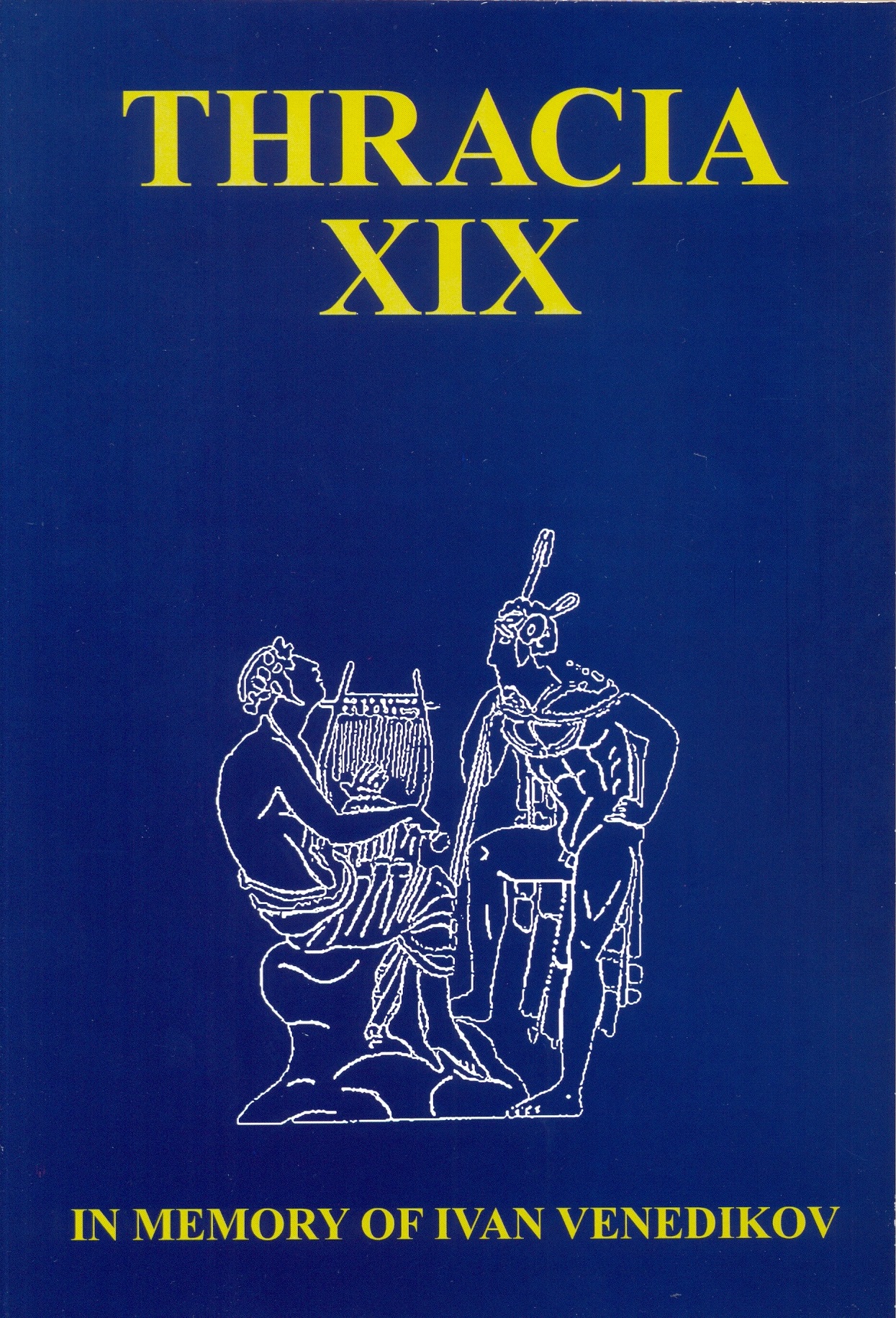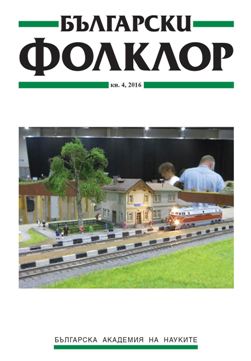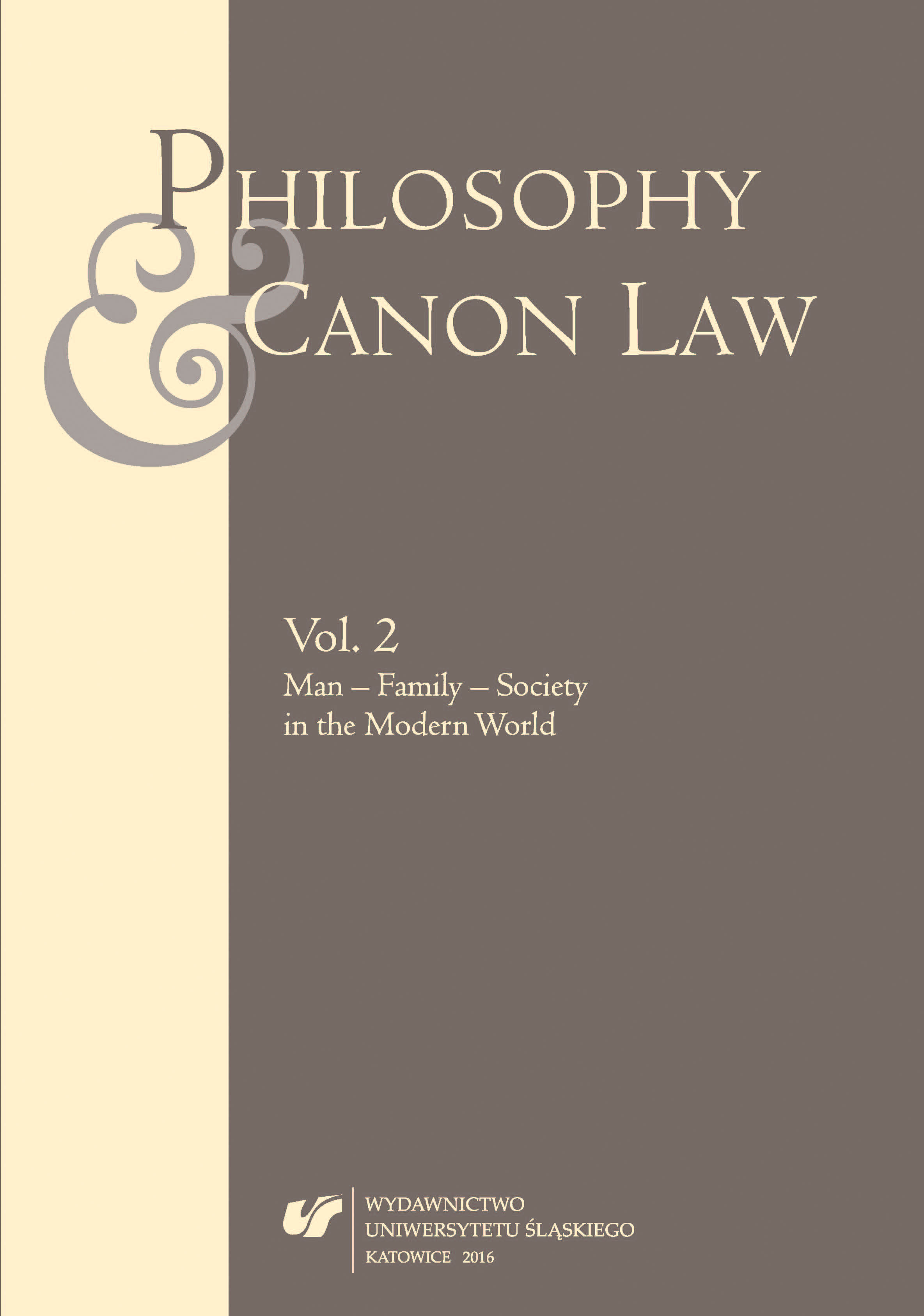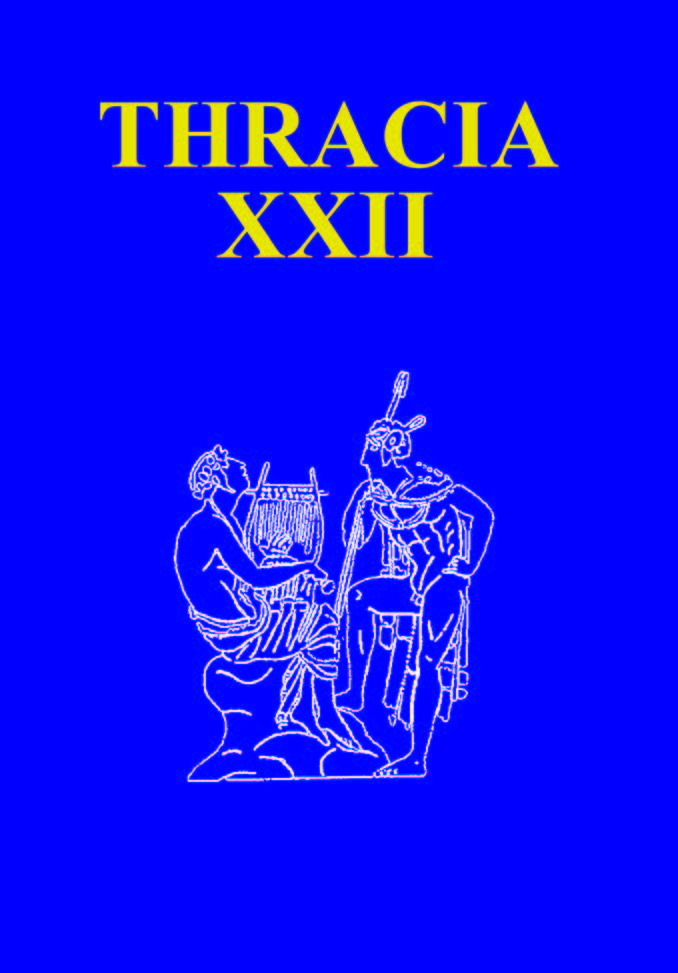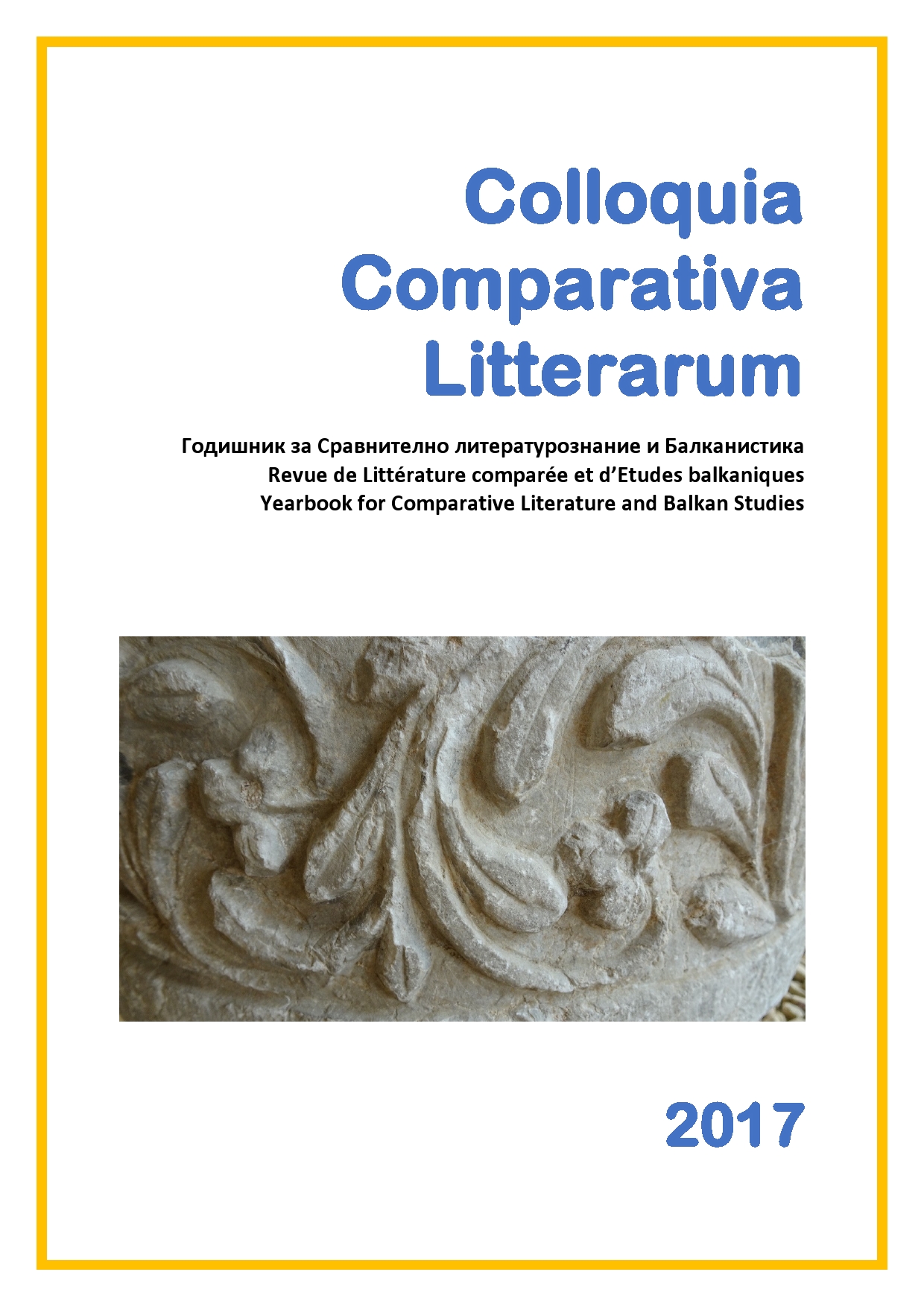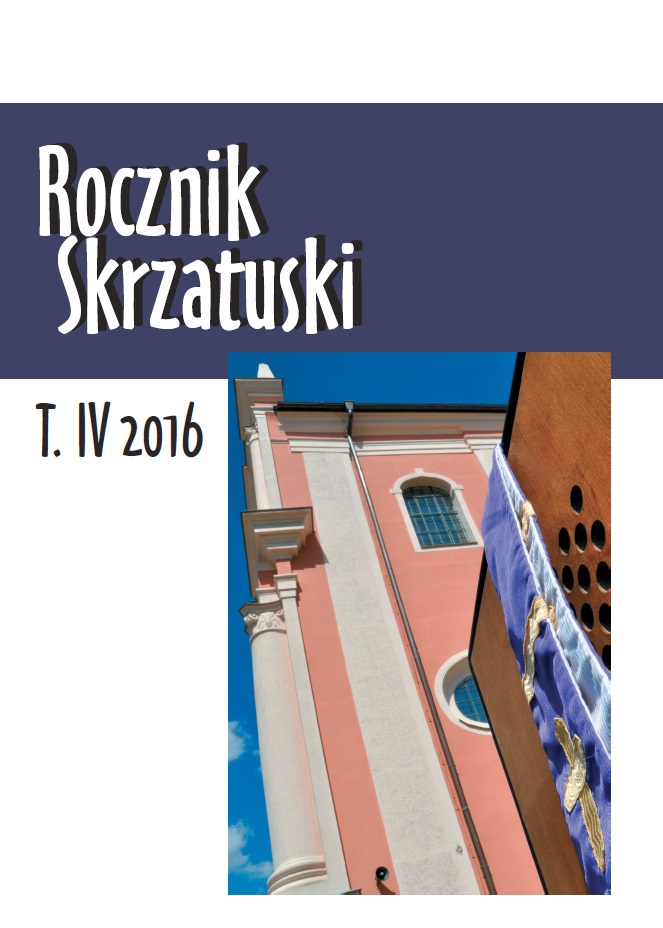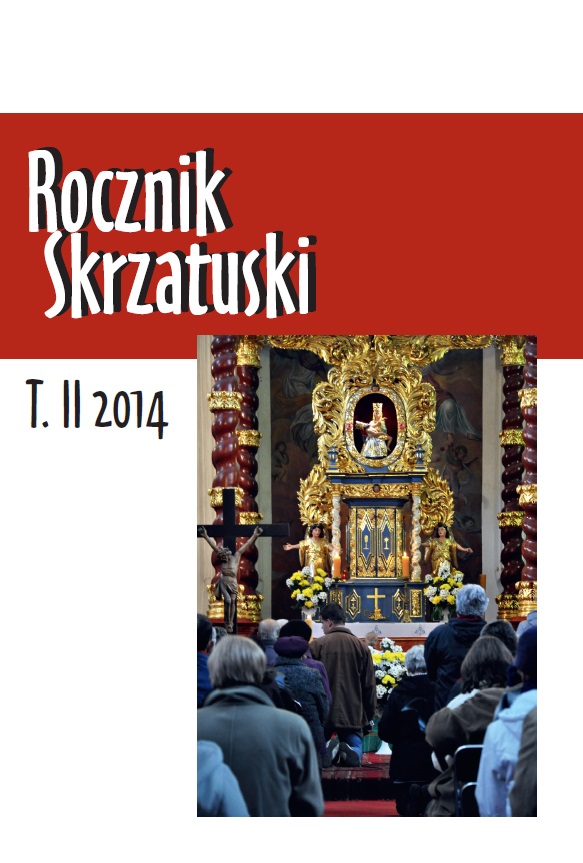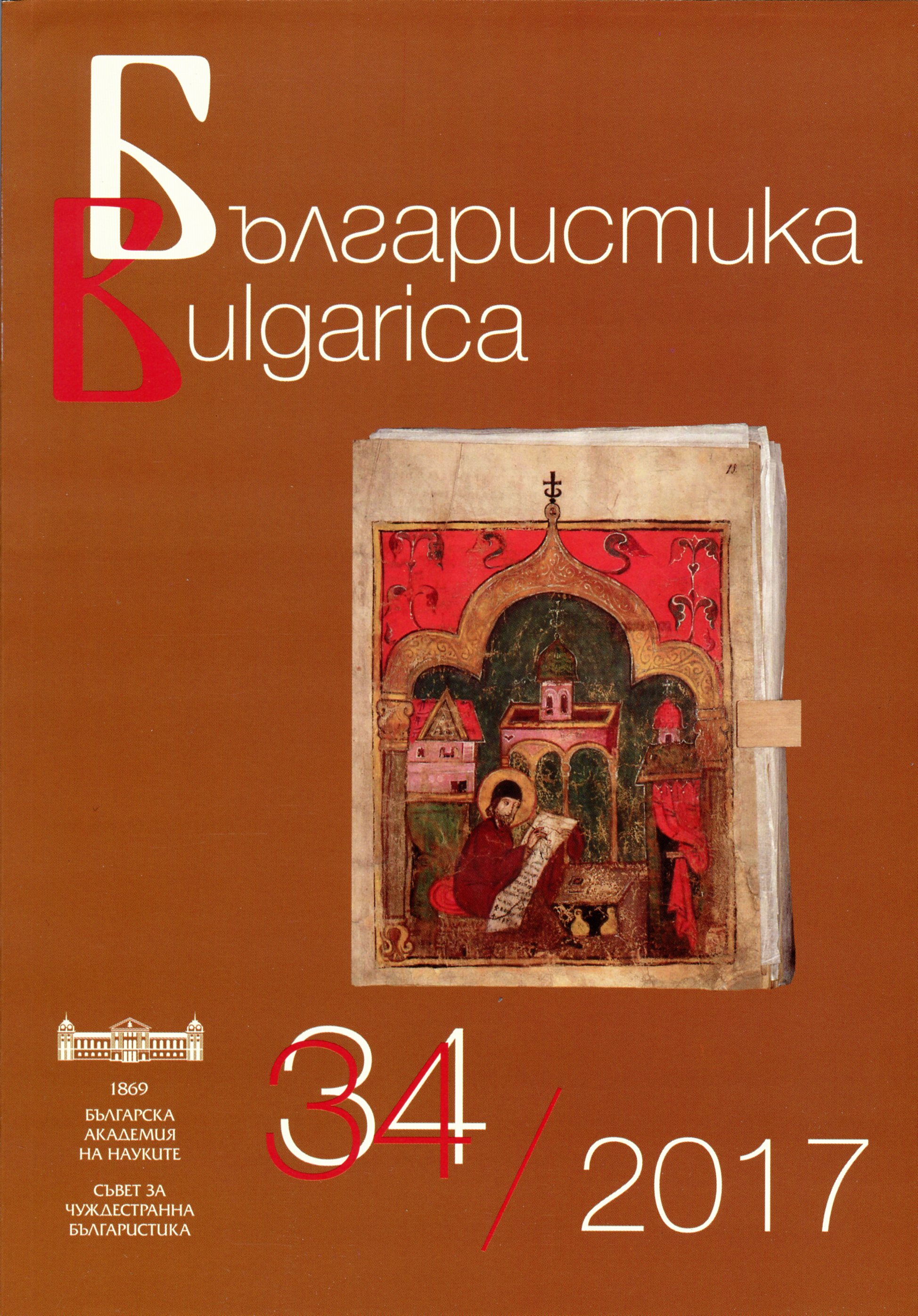Author(s): Georgi Nehrizov,Lynn E. Roller,Maya Vassileva,Julia Tzvetkova,Nadezhda Kecheva / Language(s): English,Bulgarian
Issue: 20/2012
Големият интерес към Глухите камъни се дължи основно на многобройните ниши, изсечени по увенчаващите билото скални зъбери. Най-впечатляващи обаче са изсичанията в доминиращия над околните скален масив. Върху заравнения му връх е вкопана дълбока правоъгълна щерна за събиране и съхраняване на вода. До нея води добре оформена двураменна стълба. Южното лице на скалата, от където започва стълбата, е оформено отвесно. На това място е издълбано пещерообразно помещение, с правоъгълен план и куполообразно покритие. Първият опит за системно изследване на обекта е поставено от експедицията на Института по тракология през 1975 г. Затова с удоволствие представяме първоначалните си резултати в издание, посветено на 40-годишнината на Института. Първите археологически проучвания на Глухите камъни започват през 2008 г. под ръководството на д-р Г. Нехризов. Резултатите веднага показаха, че е необходимо ново теренно изследване и документиране на нишите с модерни технически средства и според съвременните стандарти за теренно проучване. През 2011 г. с финансиране от Фондация Америка за България чрез конкурс, организиран от Американския научен център в София, започна българо-американски проект с две основни задачи – теренно проучване на района на Глухите камъни и археологически разкопки в централния сектор на обекта. В настоящата работа представяме предварителните резултати от тези изследвания. Основната цел на теренното проучване беше оглед, точно локализиране с мобилни ГИС и GPS устройства, подробно описание и документиране на всички изкуствени изсичания върху скалите в м. Глухите камъни. В резултат на теренната работа бяха установени 459 ниши, част от които неизвестни досега. Те са обединени в 81 единични или групи от ниши, разположени върху 28 обособени скали и скални групи. Вероятно броят на нишите е по-голям, регистрирането им обаче е затруднено от гъстата растителност, която ограничава видимостта към скалите. Още в началото на археологическите разкопки се установи, че на обекта има значителни културни напластявания от ранната желязна епоха. Археологическите проучвания в централния сектор продължиха четири сезона докато културните отложения бяха напълно изчерпани. В резултат на стратиграфските наблюдения се установи, че под пласт от средновековието е отложен седимент от ранната желязна епоха с обща дебелина над 2,40 м. В него се разграничиха три стратиграфски пласта с различен интензитет. При проучванията на различни нива бяха разкрити огнища, замазки и други структури, както и голямо количество фрагментирани керамични съдове и разнообразни находки. Резултатите от четиригодишните проучвания на пластовете от ранната желязна епоха, както и изследванията на целия комплекс ни дават основания да потвърдим досегашната интерпретация на обекта – сложен комплекс с култов характер. Центърът на култовата дейност изглежда е бил на най-високото място, където сега се намират останките от средновековната църква. Предварителните резултати ни дават възможност само предпазливо да се обърнем към хипотези за предназначението на скалните ниши. Връзката на нишите с погребалната обредност не може да се изключи напълно. Трапецовидна форма на нишите би могла да е алюзия за погребални ритуали или възпоменателни ритуали за вожд или герой. Групите ниши може да са предназначени или изсечени от членовете на една социална единица, като например семейство или род. Също така може да се предположи, че те са били правени по време на различни ритуално (календарно) важни моменти. Дали става дума за почитане на божество, местен херой или култ към предците все още е рано да се каже. Бъдещите изследвания на Глухите камъни и съседните обекти вероятно ще помогнат за решаването на тези въпроси.
More...
